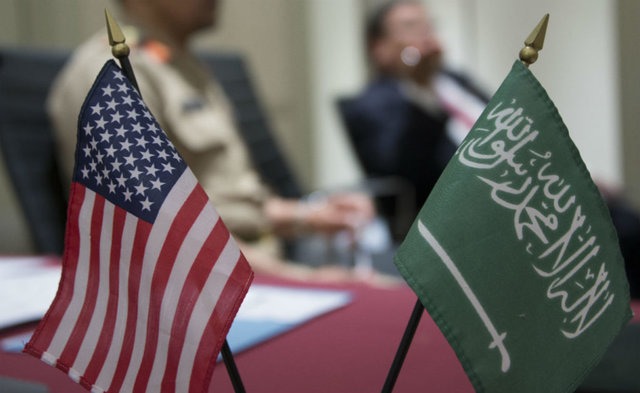Shortly after the failure of OPEC Plus to cut oil supplies to the market as a result of Russia’s non-cooperation, Donald Trump tweeted that he had spoken with the Saudi Crown Prince and asked him to reach an agreement with Russia. As a result of Trump’s signal to increase the likelihood of an agreement between Russia and Saudi Arabia to reduce daily output by 10 million barrels, global oil prices went up to $30.
Soon after Trump’s tweet, Saudi Arabia invited OPEC and other oil producers to reach a fair solution to stabilize the market. After that, oil prices rose to $33 a barrel. Although these price fluctuations do not mark the end of the oil war between Russia and the United States, Trump is working hard to change the situation, both through market demand and by using pressure tools against oil suppliers.
High oil prices are important for Trump because it makes it economical to produce and extract shale oil, which has made the United States the world’s most important crude oil exporter.
The oil market is highly sensitive to future expectations of market conditions, and even political statements could cause fluctuations in crude oil prices. That’s why, after Trump’s tweet about the possibility of an agreement between Russia and Saudi Arabia to reduce oil supplies, global crude oil prices rose slightly, while earlier, the failure of the agreement to cut output among members on the one hand and the global impacts of the corona crisis on the expectation of declining oil demand, on the other hand, had sent oil prices down.
But Trump’s strategy of reducing oil supply and raising prices is not limited to sending signals. Trump’s most important tactic in pushing Saudi Arabia to drag Russia toward an output cut deal appears to be to threaten to impose tariffs on oil imports from the country.
This strategy has two advantages for Trump: the policy of announcing support for workers in the energy sector, to gain more popularity on the eve of the presidential election, and to portray himself as an economic hero.
With oil prices at this level, these workers are at risk of being fired because some major US oil companies will go bankrupt. Although the American Petroleum and another petrochemical company have told Trump that imposing tariffs on oil imports will increase their costs and put pressure on them, Trump’s trade war with the world’s major economies shows that he is seeking a credible threat to achieving his goal, namely to reduce oil output.
Another advantage is that by putting pressure on Saudi Arabia, the United States is putting double pressure on Russia to ensure its superiority in the oil war with that country. Although the United States imported one million barrels of oil from Russia and Saudi Arabia last year, Trump’s global position on crude oil exports is even more important, and his strategies show that he is willing to pay the price.
However, the OPEC meeting is likely to be postponed until Thursday, April 9, and Russia and Saudi Arabia have not yet agreed on a daily cut of 10 million barrels. Meanwhile, Putin has blamed Saudi Arabia for the fall in oil prices, which is a negative signal for expectations based on rising crude oil prices, as it shows the possibility of reaching an agreement to be weak.
Crude oil prices are currently $32less than prices at the end of 2019, and it looks like the start of the corona recession will reduce demand for crude oil imports. In that case, if the supply is also cut, the global oil price may fall further in the next two months, and everything depends on the prospect of controlling the global corona and the beginning of a period of global economic recovery. Although China presents itself as the first economy escaping the corona crisis, it is unlikely to remain unaffected by the corona recession implications. And if there is no new development, filling the gap of $32 seems a little unlikely.










0 Comments